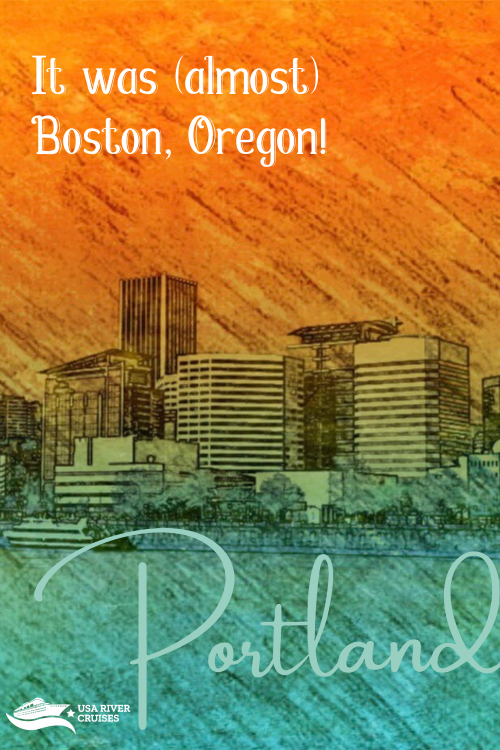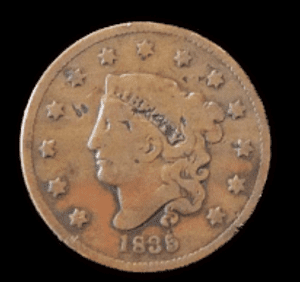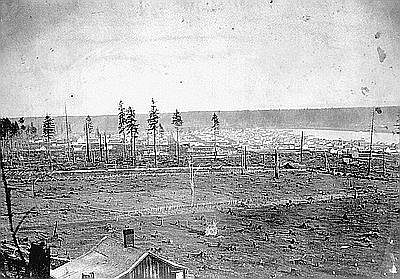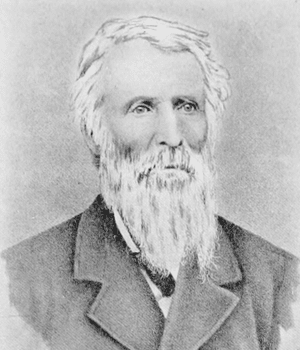
How Portland, Maine Won the Naming Rights
The Tom McCall Waterfront Park is lined with cherry trees, all in bloom at the beginning of April, creating a sea of pink along the banks of the Willamette river. The trees were planted to honor the city’s twin city in Sapporo, Japan. A visit to Boston, Oregon in April is a special sight. Wait… Boston, Oregon? Almost! It was almost named Boston, but in the split second it took to flip a coin in the air, the coin landed and the new city on the Willamette would be called Portland, and not Boston.
The two men casually flipping the coin were after the naming rights of the small new settlement along the banks of the Willamette River. The two men were Francis Pettygrove of Maine and Asa Lovejoy of Massachusetts and they were partners in a land claim that day in 1845.
Asa Lovejoy was an attorney in Boston before heading west in 1842 over land to the newly opened area of Oregon. Francis Pettygrove arrived in 1843 by ship, sent by his employer to open a store in Oregon City. Both men were open to the many opportunities that awaited pioneers in the new Oregon Territory and were looking for ways to make their fortune.
Their 640 acre land claim was at a spot on the Willamette River about mid-way between Fort Vancouver on the Columbia River and Oregon City, the largest settlement on the Willamette River. The waters were deep enough in this spot that ocean-going ships could sail and anchor. Ships were not able to do so upriver at Oregon City. Now it was time for the two partners to name their new townsite. Although just a few blocks deep, with a few houses, a store, and perhaps a dock or warehouse, the site had great potential as settlers were beginning to arrive in the valley via the Oregon Trail.
One night over dinner in 1845, the two men agreed to a contest – a coin flip to settle who would have naming rights. Two out of three flips would determine the winner. If Lovejoy won, the new town would be named Boston. If Pettygrove won, it would be named Portland. Pettygrove pulled a penny from his pocket and the contest began. After winning the best two out of three, Pettygrove retrieved the penny and saved it for posterity. It was handed down to his nephew, who donated the penny to the Oregon Historical Society around 1910 and is now on display at the museum.
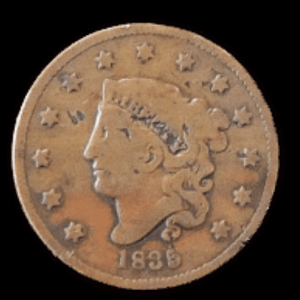
Their excitement for growing their new found city soon waned, and Lovejoy and Pettygrove both had moved on to other interests not long after. Lovejoy sold his interest in the land claim in 1846 while he was busy running for governor in the provisional government and being elected mayor of Oregon City. Pettygrove ended up leaving Portland and heading north to lay claim to another town on the water. This time he helped found the city of Port Townsend, Washington on the Puget Sound.
Portland, Maine and Portland, Oregon. Located on opposite sides of the United States, but both beautiful cities on the water. Both cities have late 19th century brick buildings, ornate Victorian age homes, and a lively food scene. Both have downtowns that are fun to explore, filled with unique shops, great restaurants, and beautiful waterfronts. No matter which Portland you choose to visit, both are stops on small ship cruises that can help you explore these two historic cities.
Francis Pettygrove and Asa Lovejoy. Founding Fathers of Portland, Oregon
Highlights of the Columbia River | 4-night Cruise
Roundtrip Portland
- 4 Nights
- April 30, 2025,October 19, 2025,October 23, 2025
- From $3,125
- American West
Save this story to Pinterest:
